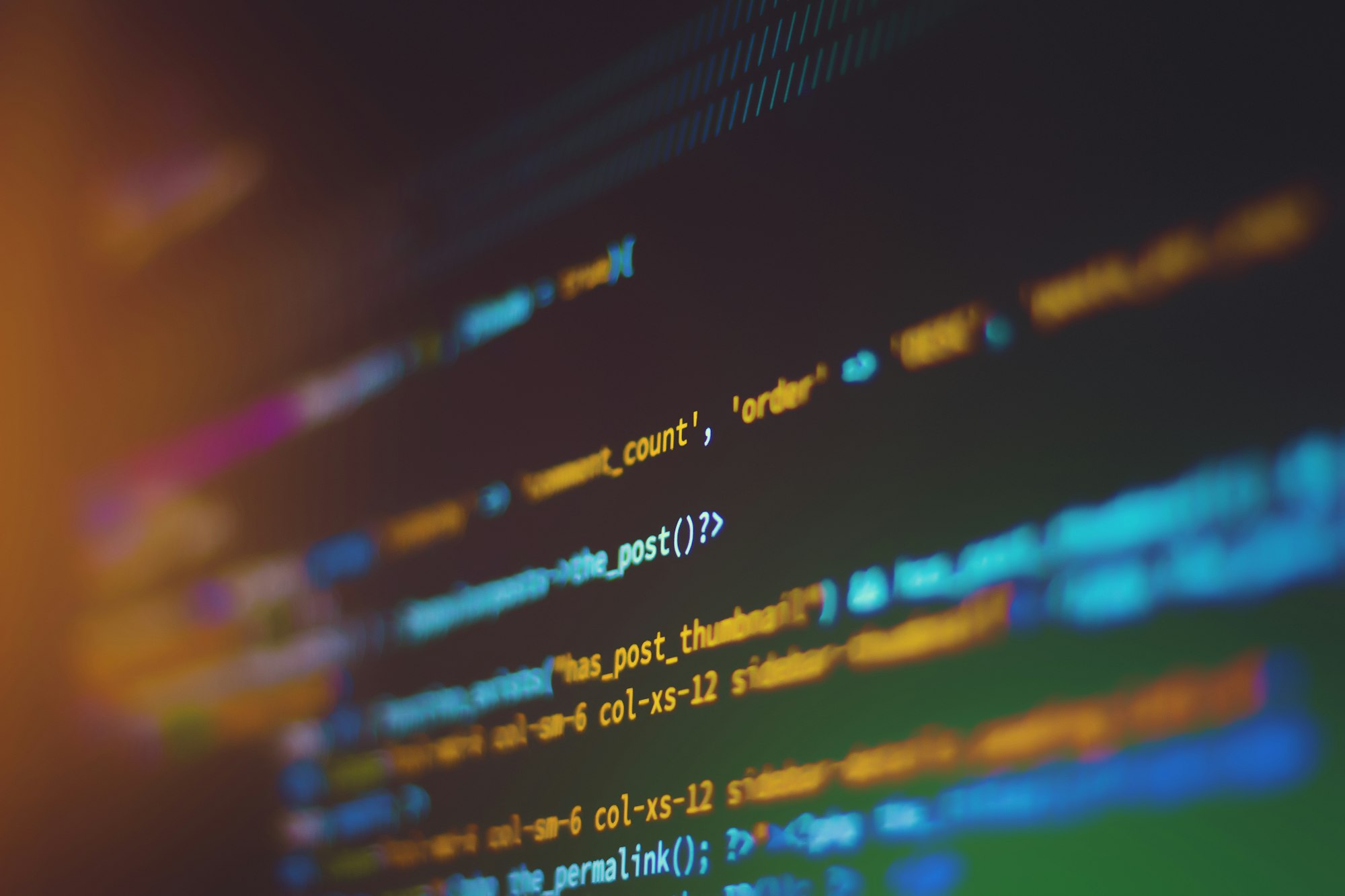The Future of Artificial Intelligence
Artificial Intelligence (AI) is reshaping the world at an unprecedented pace, influencing industries from healthcare to finance. As AI models become more sophisticated, we are witnessing breakthroughs in automation, decision-making, and human-AI collaboration.

1. AI in Healthcare
AI is transforming healthcare by enhancing diagnostics, predicting diseases, and personalizing treatments. Machine learning models analyze medical images and patient data with high accuracy, reducing human error and improving patient outcomes.
Key Advancements:
- AI-driven early disease detection: AI can detect diseases like cancer and Alzheimer's at an early stage, leading to better treatment outcomes.
- Personalized medicine: AI tailors treatment plans to individual patients based on genetic data and medical history.
- Robotic surgery: AI-assisted robots enhance precision in surgeries, reducing risks and recovery time.

2. AI in Finance
Financial institutions leverage AI to detect fraud, automate trading, and provide personalized banking experiences. Algorithms analyze market trends faster than any human trader, improving decision-making and risk management.
Applications of AI in Finance:
- Fraud detection: AI identifies suspicious transactions in real-time, preventing financial crimes.
- Automated trading: AI algorithms execute trades at optimal times, maximizing profits for investors.
- Customer service automation: AI-powered chatbots provide instant assistance, enhancing customer satisfaction.

3. The Rise of Generative AI
Tools like ChatGPT, MidJourney, and DALL·E illustrate the power of generative AI in creating content, from text to images and even music. The ability to generate human-like responses and original artwork has profound implications for creativity, automation, and media production.
Generative AI Applications:
- Content creation: AI can generate articles, stories, and scripts, reducing the workload for writers.
- Art and design: AI-generated visuals assist designers in conceptualizing and iterating faster.
- Music composition: AI creates original music tracks based on user preferences and existing styles.

4. Ethical Considerations in AI
As AI becomes more embedded in our lives, ethical concerns regarding bias, privacy, and job displacement emerge. Ensuring fair AI practices is crucial for sustainable development.
Key Ethical Challenges:
- Algorithmic bias: AI systems can inherit biases from training data, leading to unfair decisions.
- Data privacy: The collection and use of personal data by AI raise serious privacy concerns.
- AI in warfare and surveillance: The use of AI in military applications sparks debates about ethics and human rights.

5. AI and Human Collaboration
Rather than replacing humans, AI is enhancing productivity by automating repetitive tasks, allowing professionals to focus on creativity, strategy, and innovation.
Examples of AI-Human Synergy:
- AI-powered coding assistants: Developers use AI tools like GitHub Copilot to streamline coding tasks.
- Smart assistants: AI-powered virtual assistants improve efficiency in business and personal tasks.
- Augmented creativity: AI tools help designers, musicians, and writers push creative boundaries.

6. The Future of AI
The future of AI promises even more advancements, with emerging trends such as:
- Quantum AI: Combining quantum computing with AI for unparalleled computational power.
- Self-improving AI: AI systems that learn and optimize themselves without human intervention.
- AI for sustainability: AI-driven solutions to address climate change and resource management.
What Lies Ahead?
AI will continue to evolve, shaping industries and society in profound ways. The key is responsible AI development that prioritizes ethical considerations and human well-being.
Conclusion
The future of AI is both promising and complex. While it presents incredible opportunities, it also requires responsible development to maximize benefits while minimizing risks. Staying informed and proactive is key to harnessing AI’s full potential.
Note: All images are sourced from Unsplash and are free to use.






